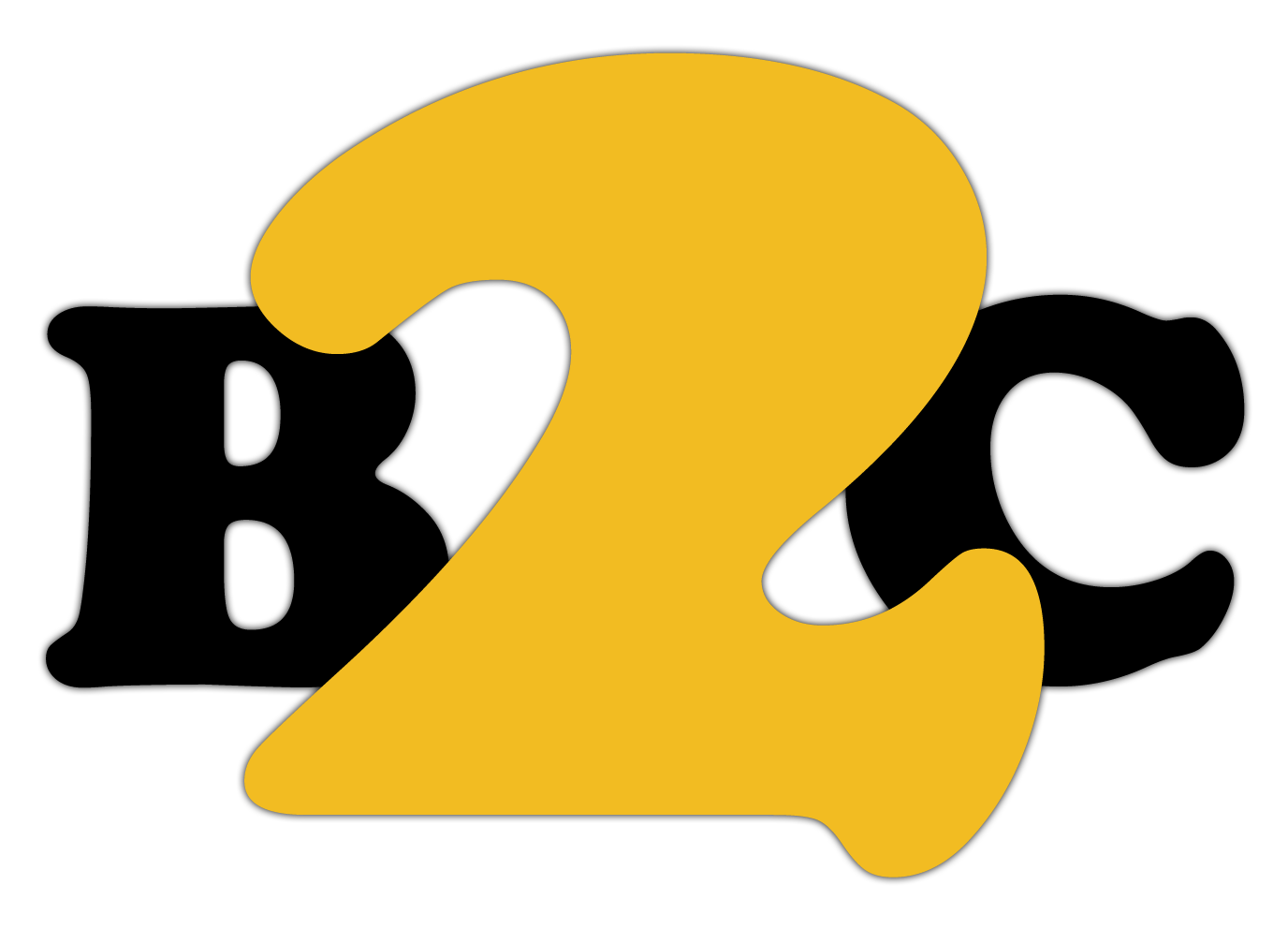What Employers Look For In Entry-level Candidates
On 31 Aug 2024
Stepping into the job market as an entry-level candidate can feel overwhelming. With little to no professional experience, you may wonder what employers expect from you and how you can stand out.
The truth is, employers are not just looking for technical skills; they’re seeking individuals who show potential, adaptability, and a willingness to grow. Here's a closer look at what employers typically look for in entry-level candidates:
1. Strong Work Ethic
At the entry-level stage, employers value candidates who demonstrate a strong commitment to their responsibilities. A strong work ethic reflects your reliability and how seriously you take your job. Entry-level roles often involve a learning curve, and employers want to know that you’ll stay determined and focused through challenges.
How to show it: Highlight instances where you’ve gone above and beyond, whether in academic projects, internships, or part-time jobs. Emphasize your punctuality, attention to detail, and eagerness to contribute.
2. Adaptability and Willingness to Learn
The workplace is constantly evolving, and companies need employees who can grow alongside it. Employers often prioritize candidates who are flexible, open to new ideas, and capable of adapting to different situations.
How to show it: Share examples of how you’ve taken on new challenges, learned new skills, or navigated changes in previous roles. Mention your ability to learn on the fly and willingness to embrace feedback.
3. Communication Skills
Effective communication—both written and verbal—is essential for any role. Whether it’s collaborating with colleagues, presenting ideas, or interacting with clients, strong communication skills allow you to succeed in a variety of situations.
How to show it: Provide examples of times when your communication skills helped solve problems or improve team outcomes. Mention specific situations where you’ve had to explain complex ideas or resolve conflicts.
4. Teamwork and Collaboration
Many entry-level roles require candidates to work closely with others. Employers look for individuals who can contribute to a team, collaborate effectively, and create a positive work environment.
How to show it: Talk about your experiences working in teams—whether in school projects, extracurricular activities, or previous jobs. Highlight your ability to cooperate, share ideas, and support your teammates.
5. Problem-Solving Abilities
Problem-solving is a skill that transcends industries and job functions. Employers value candidates who can think critically, analyze situations, and propose solutions.
How to show it: Share instances where you’ve faced obstacles and the steps you took to overcome them. Whether it’s troubleshooting technical issues, resolving customer concerns, or navigating unexpected challenges, demonstrating your problem-solving ability shows you're resourceful.
6. Positive Attitude and Enthusiasm
A positive attitude can set you apart, especially in entry-level positions where you may face uncertainty or pressure. Employers appreciate candidates who bring energy, enthusiasm, and a can-do attitude to the workplace.
How to show it: During interviews or on your resume, express genuine excitement about the role and the company. Share examples of times when your enthusiasm for a project or task led to positive outcomes.
7. Cultural Fit
Many companies place a strong emphasis on hiring candidates who align with their values and culture. While your skills matter, fitting into the company's environment and demonstrating a shared ethos can make you a more attractive candidate.
How to show it: Research the company’s culture before your interview. Mention what resonates with you and why you believe you’d fit well. Be genuine and focus on aspects like teamwork, innovation, or customer focus.
8. Technical Skills
While employers know entry-level candidates may not have extensive experience, they often expect a basic proficiency in certain technical skills relevant to the role. This might include familiarity with specific software, programming languages, or tools commonly used in your industry.
How to show it: Take the time to learn industry-standard tools or software in advance. For example, knowing how to use Microsoft Office or specific project management software can give you an edge. List any certifications or courses you’ve completed that demonstrate your knowledge.
9. Time Management
Managing your time effectively is crucial, especially when juggling multiple tasks. Employers look for candidates who can meet deadlines, prioritize their work, and stay organized.
How to show it: Share examples of how you’ve successfully managed your time, especially under pressure. Discuss how you’ve balanced multiple responsibilities in the past and stayed on top of your workload.
10. Initiative
Finally, employers want candidates who are self-starters. At the entry level, showing initiative demonstrates that you’re motivated and eager to contribute without needing constant supervision.
How to show it: Mention projects where you took the lead, suggested improvements, or solved problems proactively. Employers love to see candidates who aren’t afraid to step up and take action when needed.
When applying for an entry-level position, remember that employers aren’t expecting a fully polished professional—they’re looking for potential.
By showcasing a combination of soft skills like adaptability and communication, along with a strong work ethic and enthusiasm, you’ll stand out from the crowd and make a compelling case for why you’re the right person for the job. With the right mindset and preparation, you’ll be well on your way to starting your career on the right foot.






